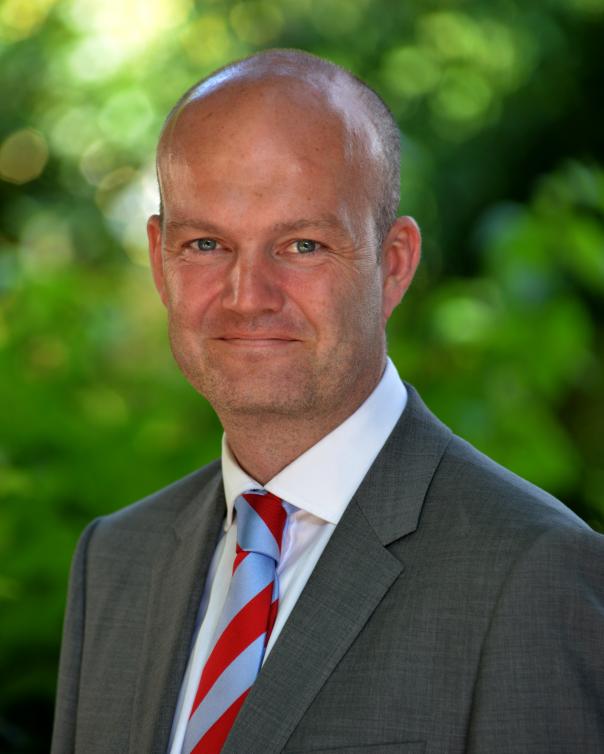
Mike Haslin, TUCO chief operating officer, explains how the annual event has been made more relevant.
“TUCO Competitions were held in Blackpool and was essentially just a cooking competition. It was successful, but it didn’t represent the work of the majority of members’ workforce. The visibility was poor, the competitors were working away in closed kitchens and we decided to move to make it more of a theatre environment and broaden what it represents.
“It has now become even bigger than the annual conference. Five years ago there were two competitions and a small number of university members were involved. Now we have 140 competitors representing 40 different universities and colleges, and over the course of the two days more than 400 people, including support staff, and we have also introduced the exhibition by suppliers to run alongside it.
“Two years ago we moved to Warwick, which is a good set-up, centrally located and I think we are likely to stay here for a while.
“The strength of the TUCO Competitions is that you can’t replicate the pressure and stress the competitors are under in any other way, and it improves their confidence and skills. In the service skills competitions I have seen the transition in confidence and it is a significant factor in improving confidence and skills.
“We are now trying to link the competition and themes to the TUCO Academy and the research we are doing. The excellent global foods research and trends that we do feeds into the academy, our study tours and competitions - it all joins up.
“Our latest global food trends report, for instance, showed that modern Indian cuisine is becoming big, so in November our study tour goes to India and this could well then be followed up in the competition next year with an Indian element to it.
“We publicise the competitions through social media, our magazine and we follow up after the event with features on those who have been competing and we also have wider PR coverage.
“In fact, one of the key things is the wider media coverage because we want to raise the profile of the higher education sector. It it too often unseen by many in the catering profession, but we believe that with our career map we can show young people coming into the industry that there are so many benefits to working in this sector - the training and development, the modern, trend-driven environment, plus benefits like good annual leave and pensions that mean we can offer something much better than the restaurant sector, for example.”
Once the dust has settled on the 2017 competition, there is a short break before the proper organising starts with a wash-up meeting and then serious planning for next year.
Haslin adds: “But already each of the competition chairs will have ideas in their minds about the sort of things they’d like to do next year. We like to continually refresh things.”